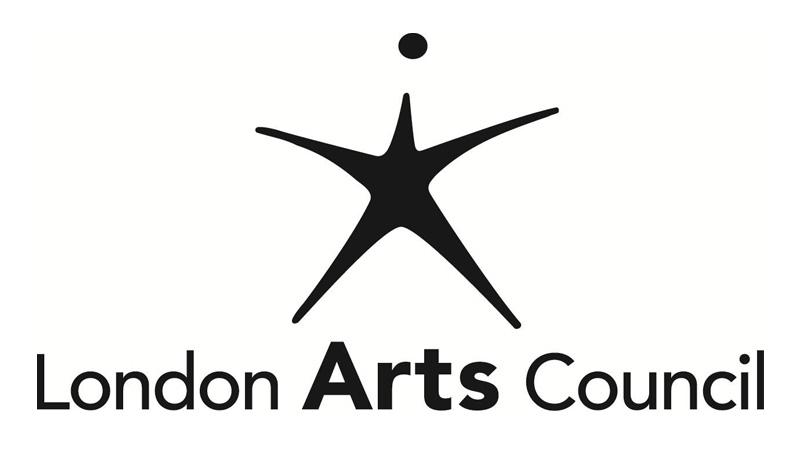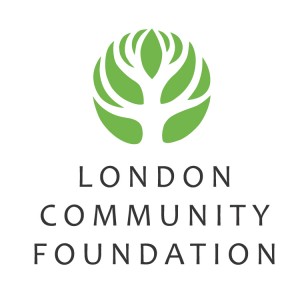The Rebelheart Collective takes the Aeolian stage on Saturday, April 14 with three compositions that each stretch the heart and imagination. From the musical decadence of the 19th Century salons of the Czech Republic to the complex and cerebral compositions of the modern Soviet Union to post-modern, New York minimalism, this production will wistfully look to the past while longing for a future that harkens to a simpler, less complicated time. Featuring Scott St. John & Erika Raum on violin, Sharon Wei on Viola and Tom Wiebe on Cello in the First Circle; Francisco Barradas & Hua-Chu Huang on Violin, Katie McBean on Viola, Patrick Theriault on Cello and Joseph Phillips on Double Bass in the Second Circle and members of the El Sistema Orchestra in the Third Circle, the Rebelheart Collective is a chamber music ensemble formed to celebrate classical and new music from varied cultural backgrounds. Its focus is to make music performance and education accessible to all and support Social Justice causes through collaboration and awareness. With a focus on collaboration, community and apprenticeship opportunities, the Collective aims to dissolve barriers between artists and audiences with a relaxed presentation and welcoming spirit.
Antonin Dvorak (1841-1904)
Serenade in E, Op. 22
 Composed in just two weeks, Antonin Dvorak’s Serenade in E, Opus 22 opens with a soaring Serenade, transitions to a lively waltz and then into an exciting scherzo. By the fourth movement, he returns to a tranquil and wistful serenade before the Allegra vivace, an offbeat finale conveying the spirit of a Bohemian village dance. Premiering on 10 December 1876 at Prague’s Zofin, a reviewer of the day wrote that it showed his “artistic development toward greater stability and independence… whose real artistic value cannot be denied in any way” (Prochazka, Narodni listy, 1 December 1876). Much like our own El Sistema students, Dvorak was an apt violin player at the young age of six. He achieved worldwide recognition for his use of rhythm borrowed from the folk music of Moravia and his native Bohemia.
Composed in just two weeks, Antonin Dvorak’s Serenade in E, Opus 22 opens with a soaring Serenade, transitions to a lively waltz and then into an exciting scherzo. By the fourth movement, he returns to a tranquil and wistful serenade before the Allegra vivace, an offbeat finale conveying the spirit of a Bohemian village dance. Premiering on 10 December 1876 at Prague’s Zofin, a reviewer of the day wrote that it showed his “artistic development toward greater stability and independence… whose real artistic value cannot be denied in any way” (Prochazka, Narodni listy, 1 December 1876). Much like our own El Sistema students, Dvorak was an apt violin player at the young age of six. He achieved worldwide recognition for his use of rhythm borrowed from the folk music of Moravia and his native Bohemia.
Dmitri Shostakovich (1906-1975)
String Quartet No. 8 in C Minor, Op. 110
 Written over three traumatic days, Shostakovich composed his String Quartet No. 8 amid failing health and muscle degeneration related to sclerosis and his reluctant embrace of the Soviet Communist Party. “Dedicated to the victims of fascism,” the score is either an honest homage to the all those who suffer under totalitarianism or the dedication itself was at the demand Soviet authorities and the piece actually represents his own epitaph at the precipice of suicide. To his friend, about this piece, he wrote: “I started thinking that if someday I die, nobody is likely to write a work in memory of me, so I had better write one myself.” The piece was premiered in 1960 in Leningrad by the Beethoven Quartet. Hoping for criticism, when Moscow’s Borodin Quartet (one of the oldest quartets in the world) performed this for Shostokovich in his home in 1962, the composer, so overwhelmed by the beautiful realisation of his self through music, buried his head in his hands and wept. The four composers quietly packed up their instruments and stole out of the room.
Written over three traumatic days, Shostakovich composed his String Quartet No. 8 amid failing health and muscle degeneration related to sclerosis and his reluctant embrace of the Soviet Communist Party. “Dedicated to the victims of fascism,” the score is either an honest homage to the all those who suffer under totalitarianism or the dedication itself was at the demand Soviet authorities and the piece actually represents his own epitaph at the precipice of suicide. To his friend, about this piece, he wrote: “I started thinking that if someday I die, nobody is likely to write a work in memory of me, so I had better write one myself.” The piece was premiered in 1960 in Leningrad by the Beethoven Quartet. Hoping for criticism, when Moscow’s Borodin Quartet (one of the oldest quartets in the world) performed this for Shostokovich in his home in 1962, the composer, so overwhelmed by the beautiful realisation of his self through music, buried his head in his hands and wept. The four composers quietly packed up their instruments and stole out of the room.
Philip Glass (1937-)
String Quartet No. 2, “Company”
 Written in New York City, Phillip Glass expected this work to be the instrumental music for Neumann’s stage adaptation of Samuel Beckett’s 1979 novella Company for the Mabou Mines Theatre Company. Glass (Academy Award Winner, The Trueman Show; BAFTA Winner, The Hours) liked the idea of using the medium of the String Quartet, allowing for both an introspective and passionate quality well suited to Beckett’s text and Neumann’s monologue. Beckett himself selected four places within his work which are referred to as the “intercices.” Thematically cohesive, Company as taken on a life of its own with and without being referential to Beckett. At times romantic, the prominent melodies and simple arrangement (deceptive as it is) reflects Glass’ pioneering minimal compositions.
Written in New York City, Phillip Glass expected this work to be the instrumental music for Neumann’s stage adaptation of Samuel Beckett’s 1979 novella Company for the Mabou Mines Theatre Company. Glass (Academy Award Winner, The Trueman Show; BAFTA Winner, The Hours) liked the idea of using the medium of the String Quartet, allowing for both an introspective and passionate quality well suited to Beckett’s text and Neumann’s monologue. Beckett himself selected four places within his work which are referred to as the “intercices.” Thematically cohesive, Company as taken on a life of its own with and without being referential to Beckett. At times romantic, the prominent melodies and simple arrangement (deceptive as it is) reflects Glass’ pioneering minimal compositions.
Rent The Aeolian
The Aeolian is a beautiful, unique, award-winning location to host your event.
While particularly renowned for its acoustic/live music presentations, the Aeolian is a versatile facility and can also host conferences and fundraisers.
Give the Gift of Aeolian
Looking for a unique and fun gift for a special someone?
Look no further than a gift card for The Aeolian. This is a perfect gift for any lover of music and the arts.























